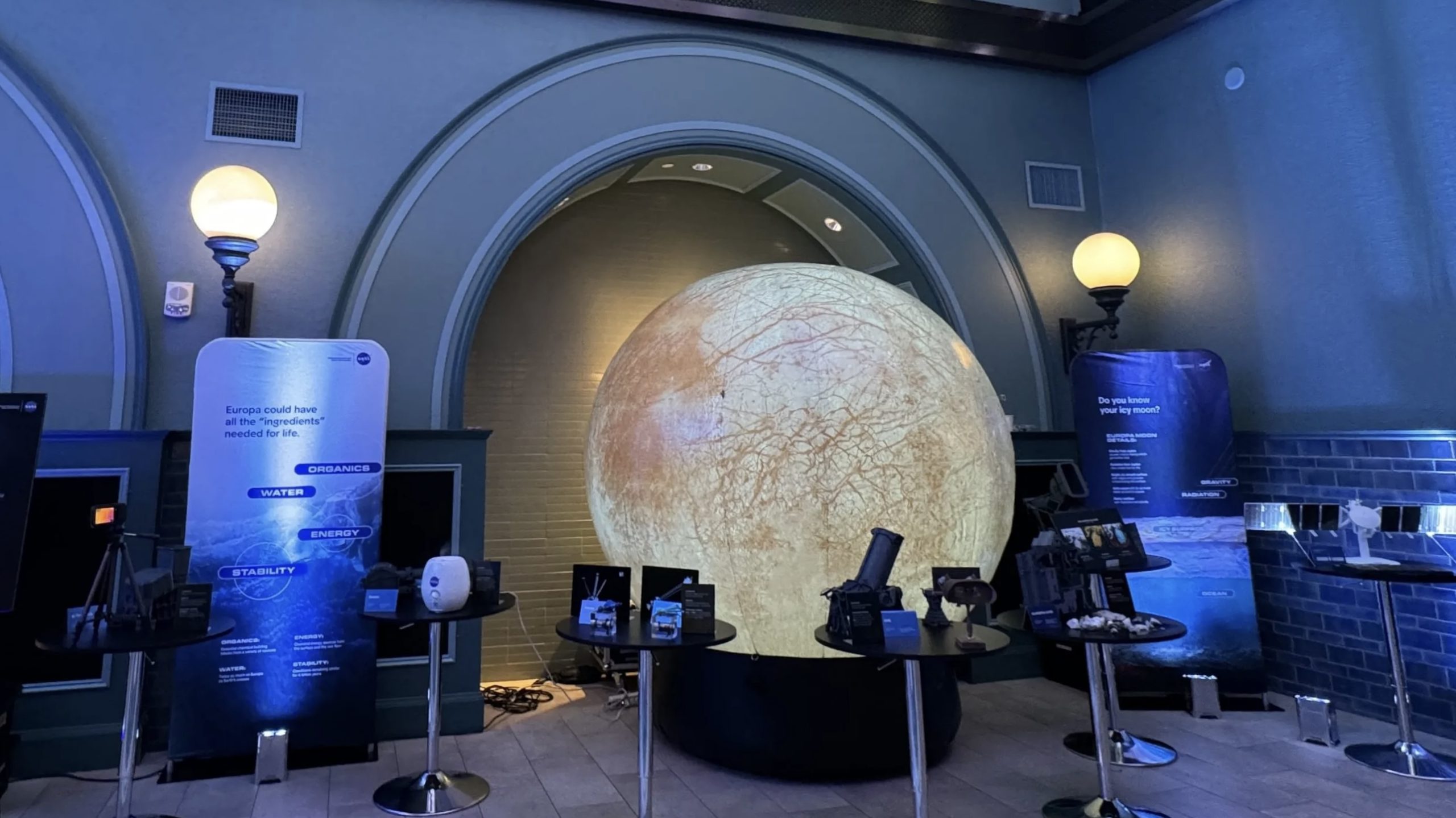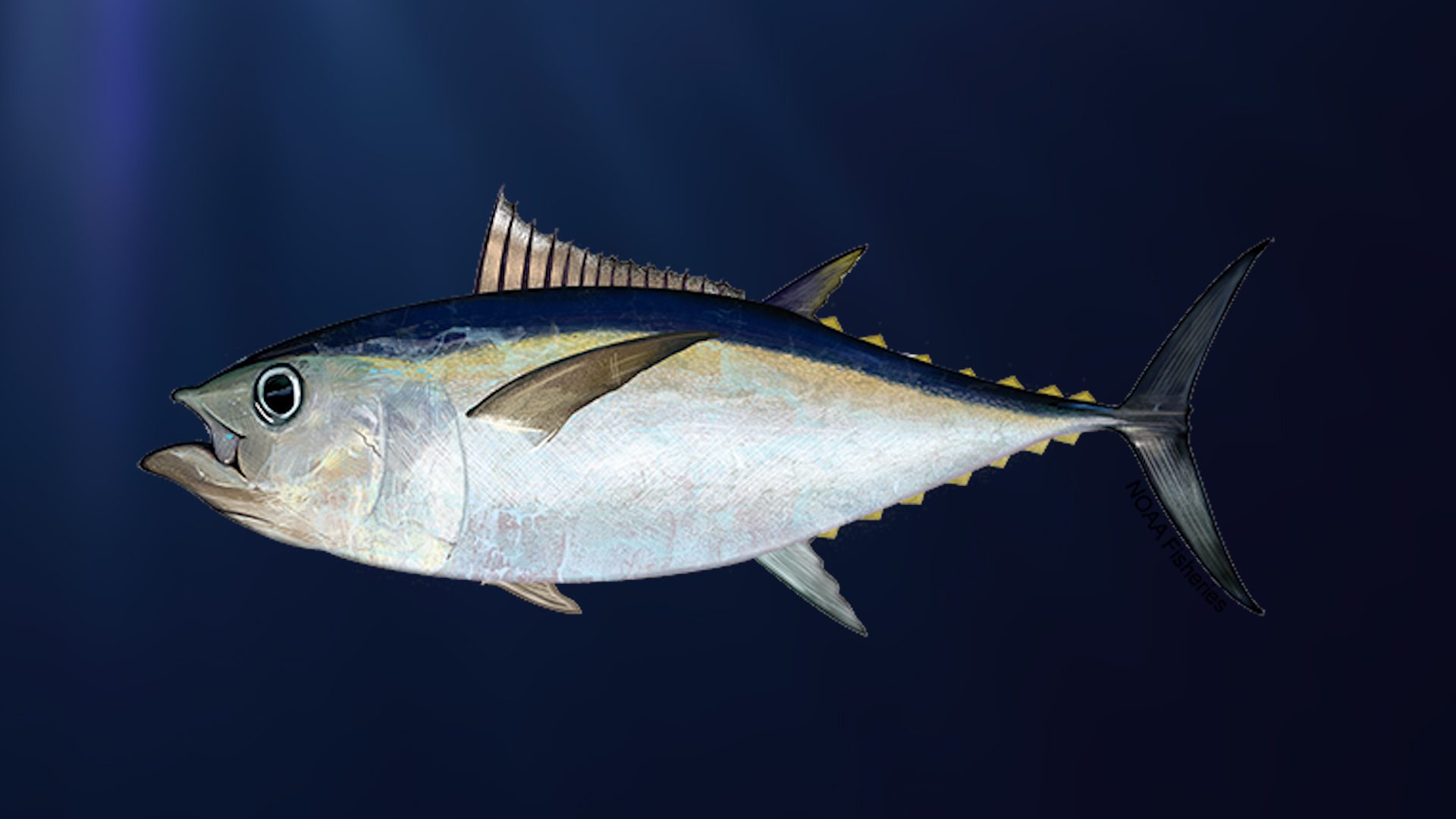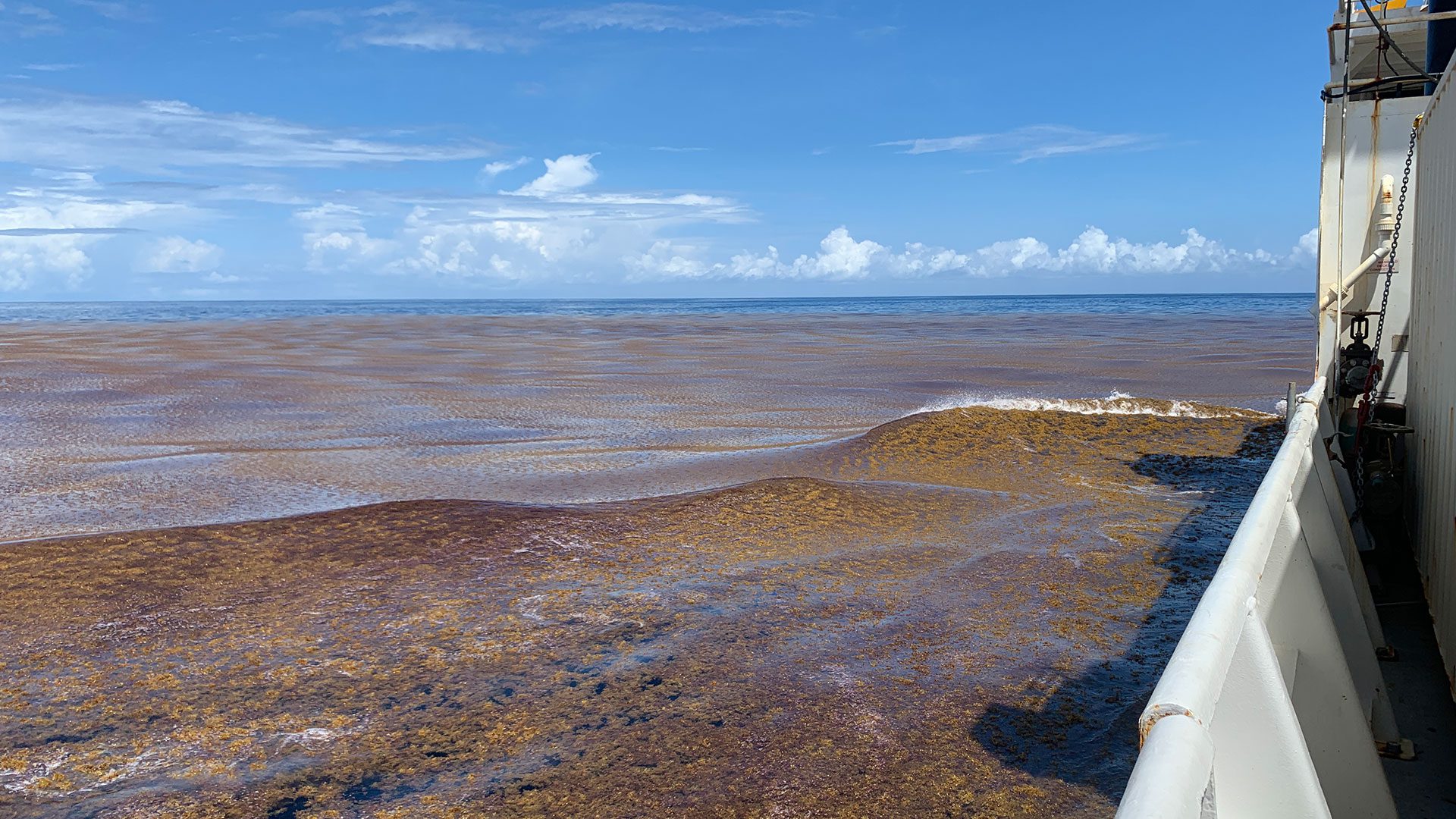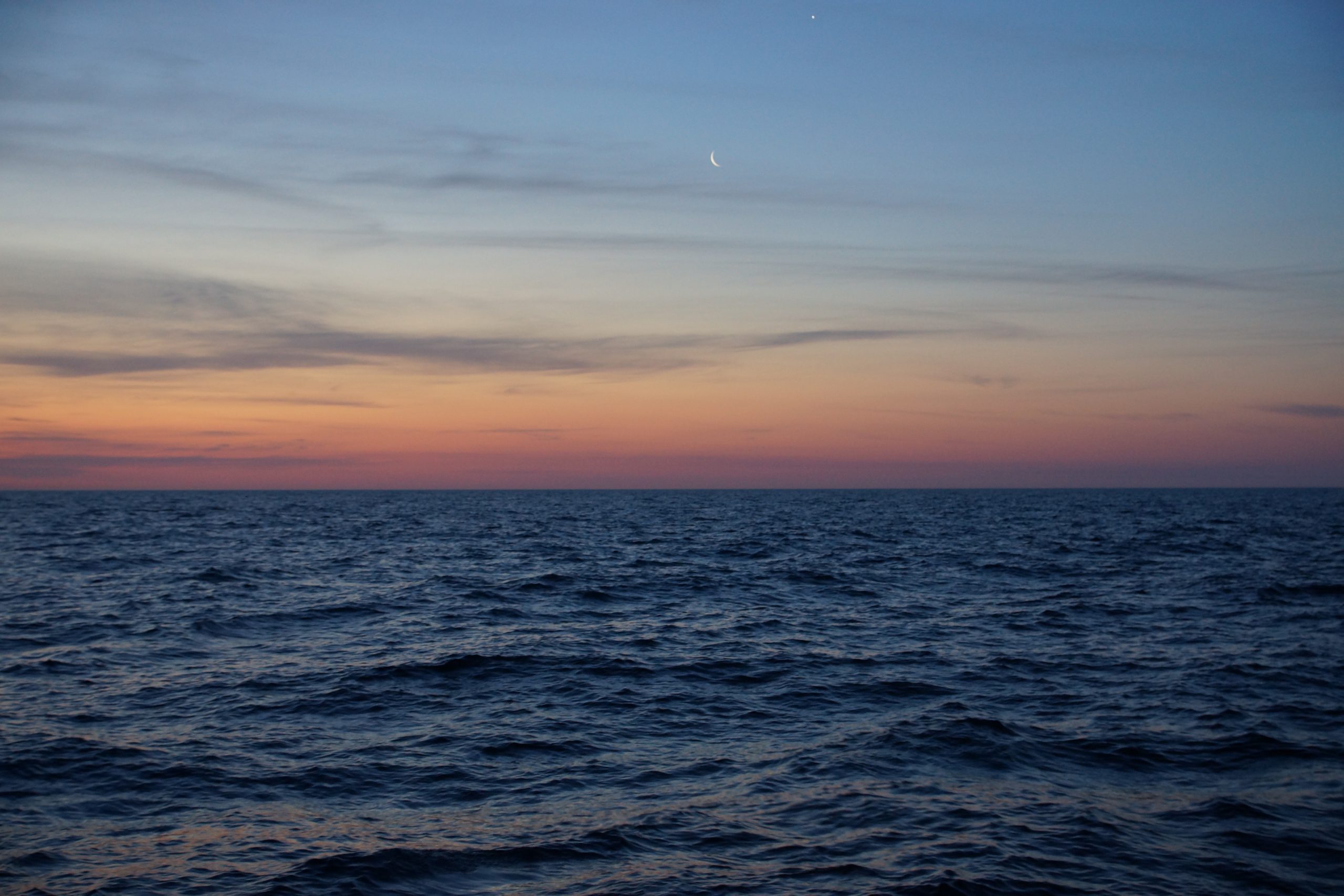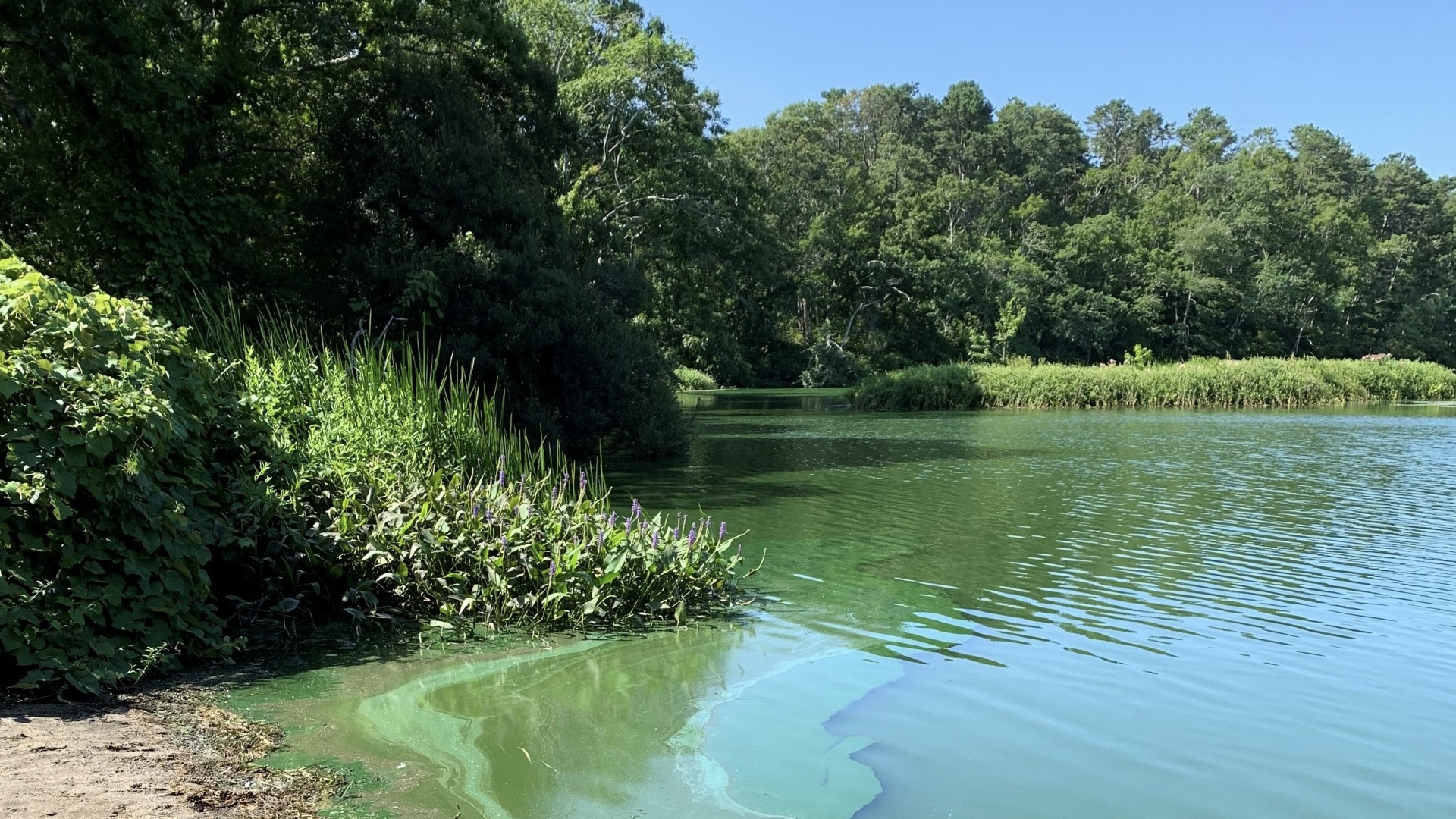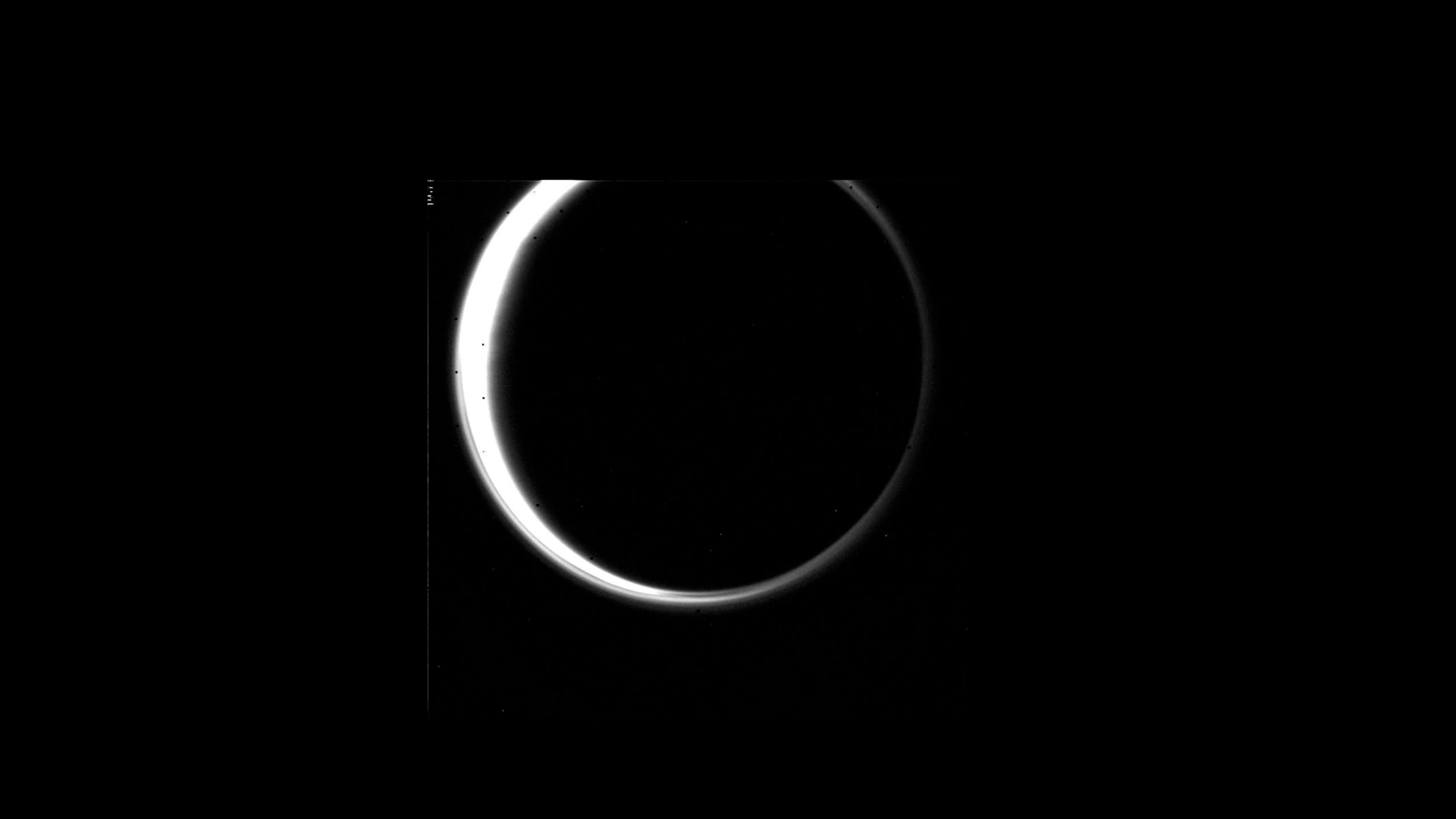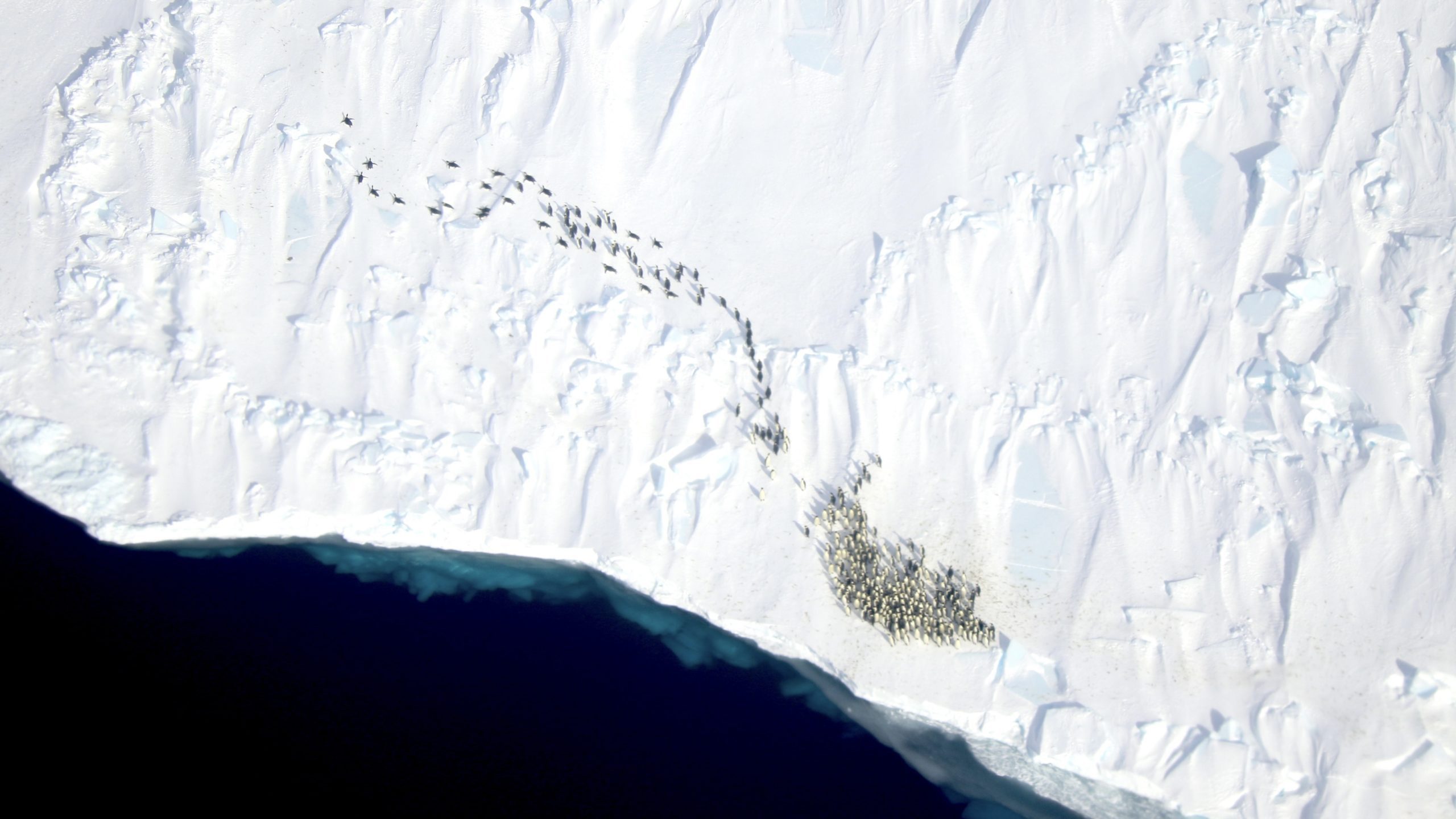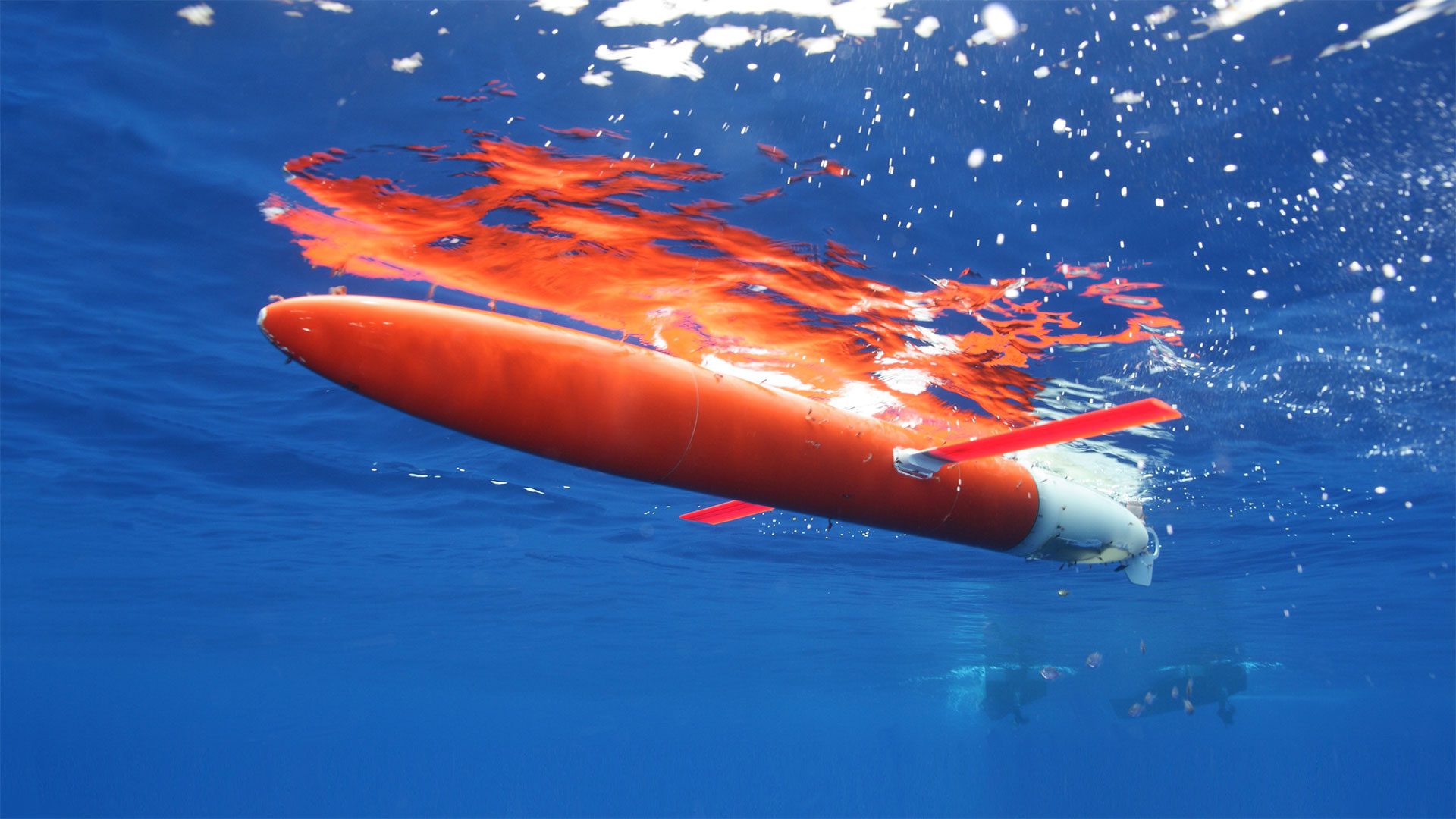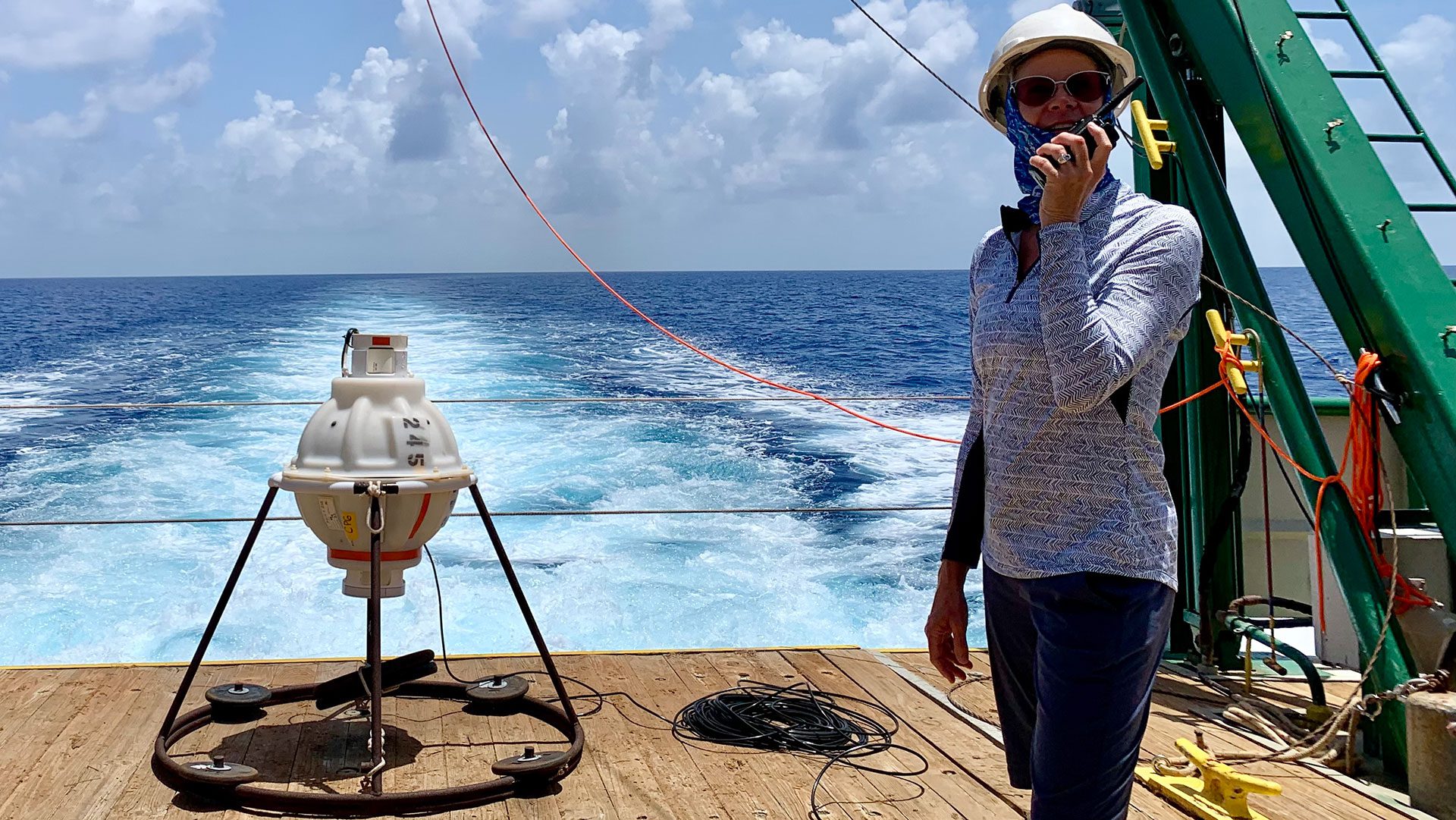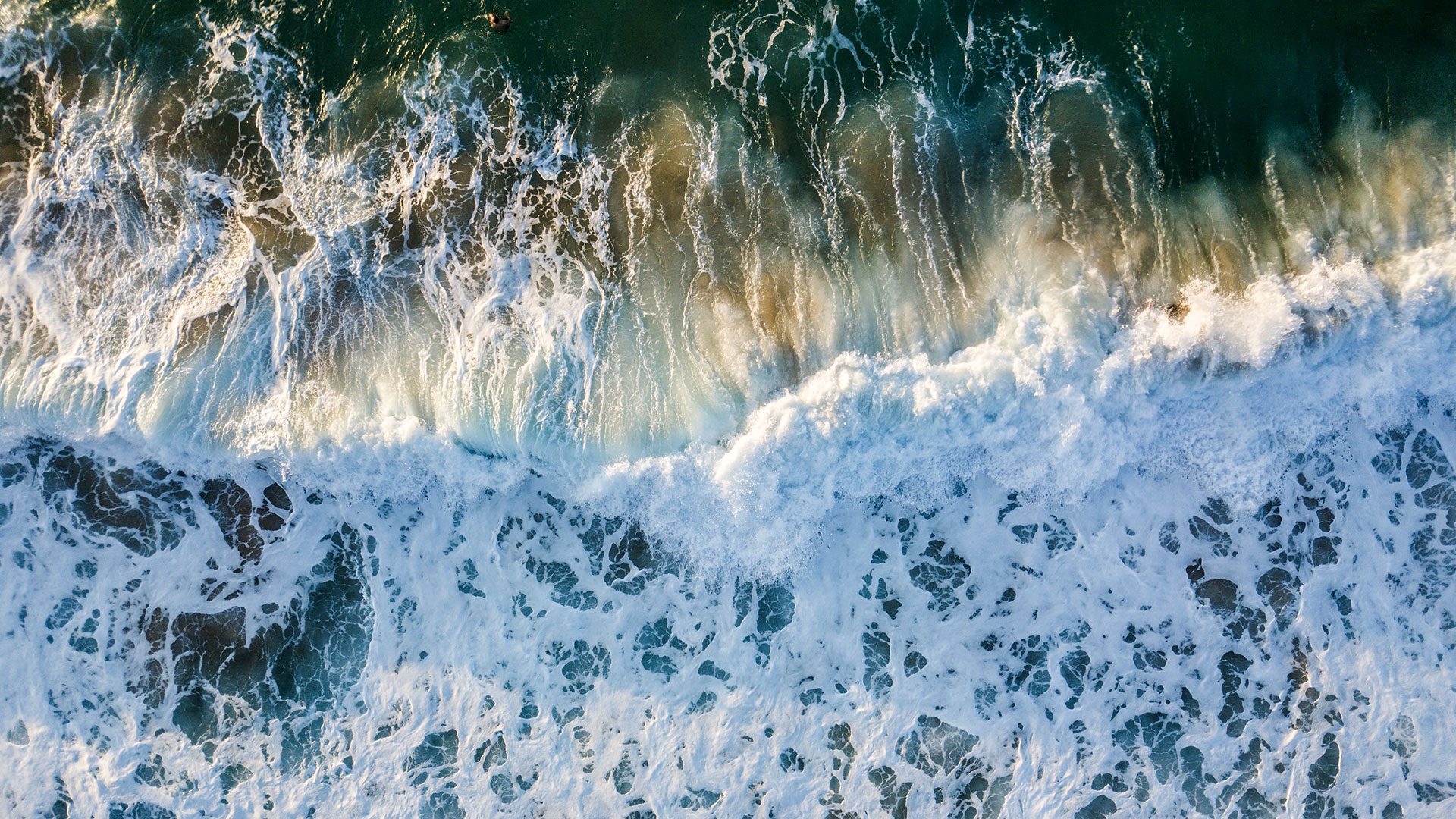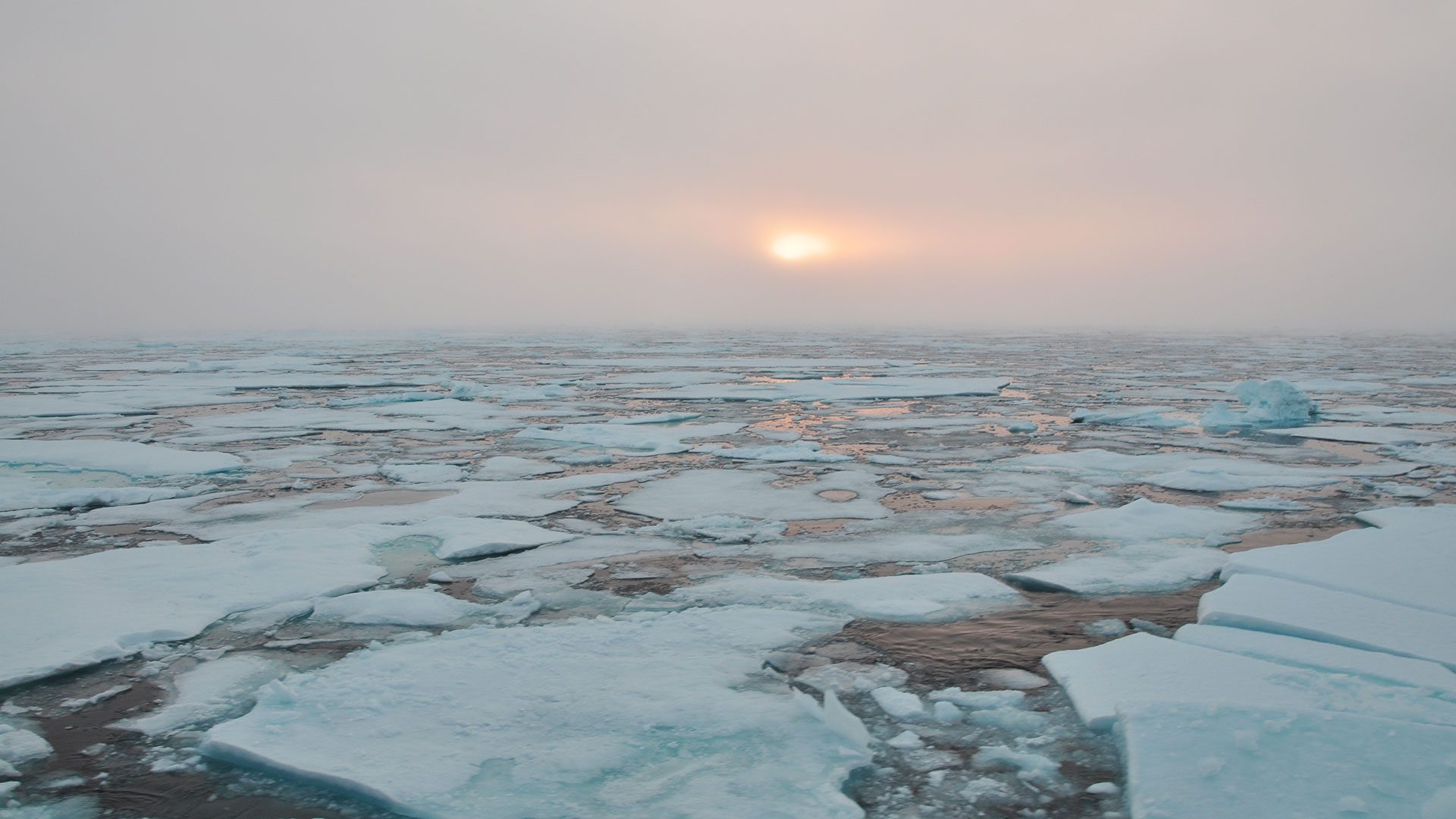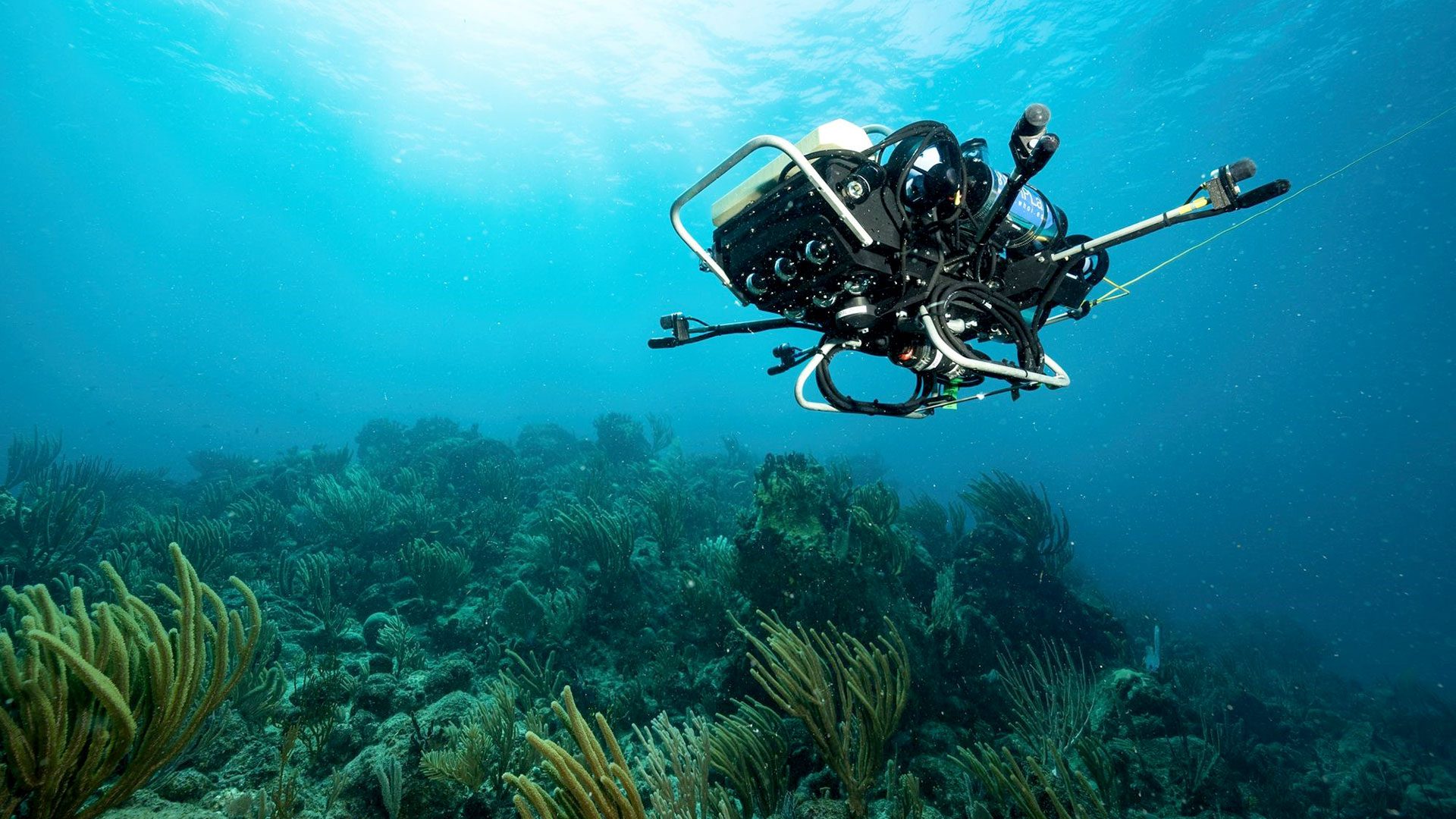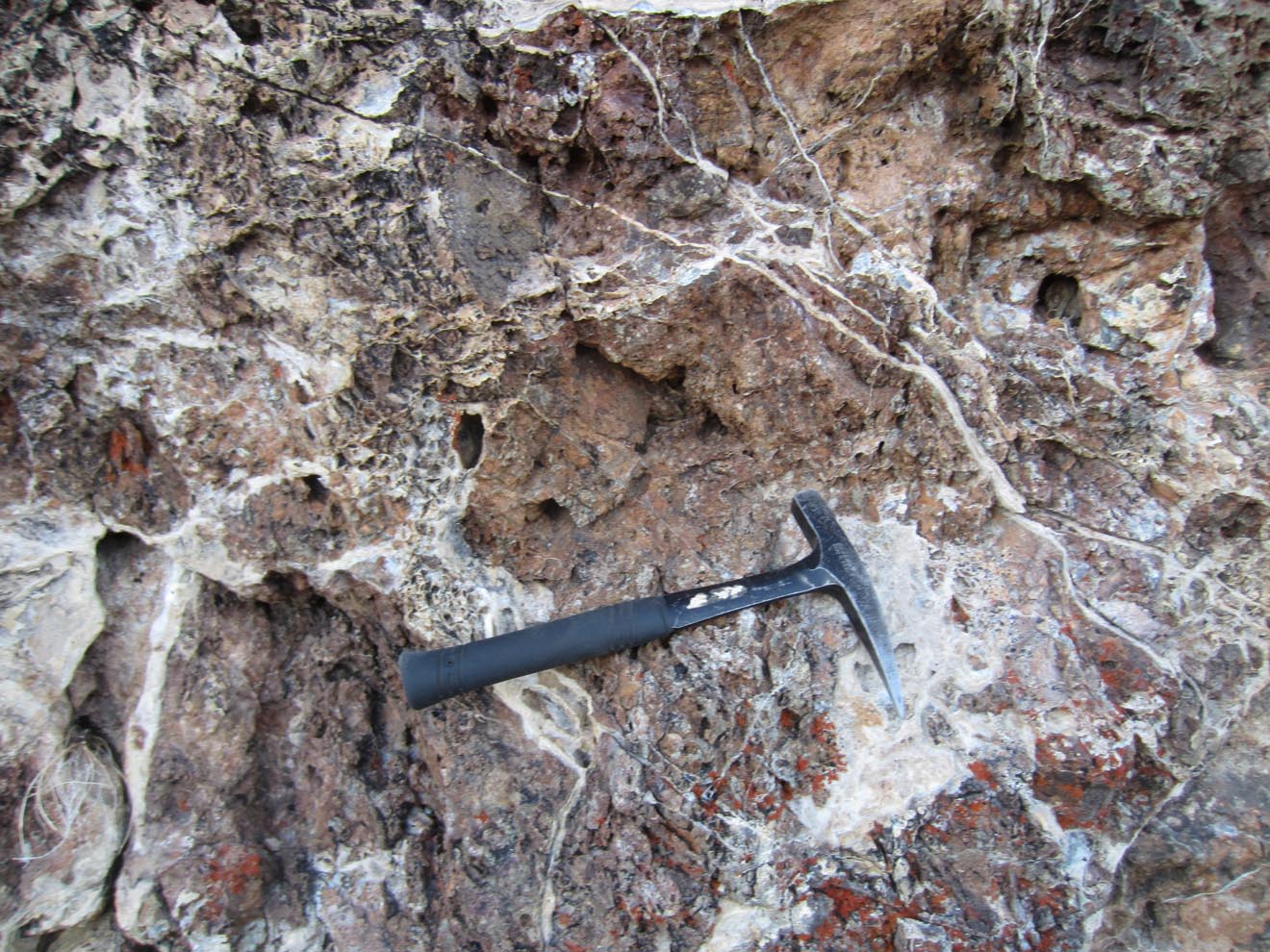News Releases
Climate Change Meets Ocean Life in New Northeast Research Institute
Federal and academic marine scientists in the Northeast have combined resources in a new effort to understand how the large marine ecosystem off the northeastern U.S. functions. “I am very…
Read MoreInsight into Freshwater Input to the North Atlantic Ocean
The strongest climate cooling event in the last 10,000 years occurred about 8,200 years ago. Known as the 8.2 ka event, it was an abrupt release of freshwater to the…
Read MoreWHOI Establishes Award to Recognize Contributions of Navy Admiral, Oceanographer
A former Oceanographer of the Navy and Rear Admiral who headed Marine Operations at the Woods Hole Oceanographic Institution (WHOI) for 14 years has been honored by the Institution with…
Read MoreDuke, Woods Hole Geologists Discover ‘Clockwork’ Motion by Ocean Floor Microplates
CONTACTS Monte Basgall (919) 681-8057 monte.basgall@duke.edu Shelley Dawicki (508) 289-2270 sdawicki@whoi.edu DURHAM, N.C. — A team of geologists from Duke University and Woods Hole Oceanographic Institution has discovered a grinding,…
Read MoreNew Director Named for WHOI Ocean and Climate Change Institute
A Gulf Stream and ocean circulation expert has been named second director of the Ocean and Climate Change Institute at Woods Hole Oceanographic Institution (WHOI). Physical Oceanographer Terrence Joyce will…
Read MoreNew Center for Oceans and Human Health Established in Woods Hole
Scientists from the Woods Hole Oceanographic Institution (WHOI), Marine Biological Laboratory (MBL) and the Massachusetts Institute of Technology (MIT) have joined together to form the Woods Hole Center for Oceans and Human Health (COHH). The new Center, with administrative offices at WHOI, will serve as a focal point for research on issues at the intersection of oceanographic, biological and environmental health sciences, such as harmful algal blooms and organisms in coastal waters and estuaries that cause human illness and death.
Read MoreWHOI to host NASA exhibit on upcoming mission
Gear up for the launch of NASA’s Europa Clipper mission with interactive exhibits, captivating models, and special guest speakers.
Read MoreTwo WHOI Scientists Recognized with Endowed Positions
Two scientists have been recognized by the Woods Hole Oceanographic Institution (WHOI) for their contributions to ocean sciences research. Drs. Daniel J. Fornari of the Geology and Geophysics Department and Rui Xin Huang of the Physical Oceanography Department have been named recipients of a W. Van Alan Clark Chair for Excellence in Oceanography at the Institution. Each endowed chair brings financial support for a period of five years, allowing the recipient the freedom to pursue a variety of career interests. The awards were announced today during the Institution’s fall meeting of the Board of Trustees and Members of the Corporation and are effective January 1, 2002.
Read MoreNew WHOI study cautions that deep-sea fishing could undermine valuable tuna fisheries
The study shows that large-scale harvesting of mesopelagic fish that live hundreds of meters below the surface could reduce the food available to bigeye tuna
Read MoreNew study quantifies sargassum’s multi-million dollar impact to U.S. coastal economies
WHOI led the study’s economic modeling and analysis, examining impacts across three sectors central to coastal economies: tourism, recreation, and fisheries.
Read MoreWHOI scientist publishes commentary on forecasting a pause in Northwest Atlantic warming
Commentary explores forecasted pause in regional warming and the science behind it.
Read MoreAMS honors Dr. Amy Bower with 2025 Henry Stommel Research Medal
This is the highest honor the American Meteorological Society (AMS) presents to oceanographers.
Read MoreNew harmful algal blooms report
Updated national science strategy for harmful algal research and response builds on major accomplishments, findings.
Read MoreWave activity on Saturn’s largest moon
MIT, Woods Hole Oceanographic Institution researchers find wave activity on Saturn’s largest moon may be strong enough to erode the coastlines of lakes and seas.
Read MoreHigh Resolution Imagery Advances the Ability to Monitor Decadal Changes in Emperor Penguin Populations
High resolution satellite imagery and field-based validation surveys have provided the first multi-year time series documenting emperor penguin populations.
Read MoreCollaboration to monitor sea, weather, and wildlife
The U.S. DOE, WHOI, and partners to collect data near an East Coast offshore wind site
Read MoreStudy Clearly Identifies Nutrients as a Driver of the Great Atlantic Sargassum Belt
Findings could lead to locating nutrient sources and providing management options
Read MoreNew Study Finds That the Gulf Stream is Warming and Shifting Closer to Shore
WHOI scientists document changes in the Gulf Stream using two decades of measurements from Argo floats and Spray underwater gliders Woods Hole, MA (Oct. 9, 2023) — The Gulf Stream…
Read MoreNew Study Definitively Confirms Gulf Stream Weakening
The Gulf Stream – which is a major ocean current off the U.S. East Coast and a part of the North Atlantic Ocean circulation – plays an important role in weather and climate, and a weakening could have significant implications.
Read MoreWHOI Awarded Funding to Support Research and Development of Marine Carbon Dioxide Removal
WHOI researchers are among the 17 projects that have been awarded funding by NOAA’s Ocean Acidification Program on behalf of the National Oceanographic Partnership Program (NOPP).
Read MoreAtmospheric Research Provides Clear Evidence of Human-Caused Climate Change Signal Associated with CO2 Increases
Claims that Climate Change Is Natural are Inconsistent with Atmospheric Temperature Trends
Read MoreFirst Observational Evidence of Beaufort Gyre Stabilization, Which Could be Precursor to Huge Freshwater Release
Significant ramifications including impacting the Atlantic Meridional Overturning Circulation, a key component of global climate, are possible.
Read MoreToward a New Era of Reef Solutions
WHOI coral reef researchers propose a new technology-centered focus to study and conserve coral reefs
Read MoreCarbon sequestration sites may prevent earthquakes
New evidence suggests that CO2-rich springs may be buffering quakes along areas of the San Andreas Fault
Read More
